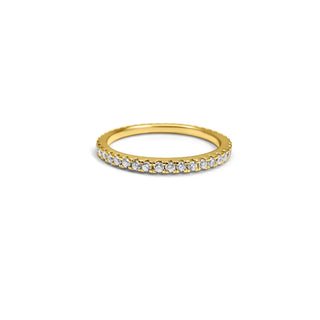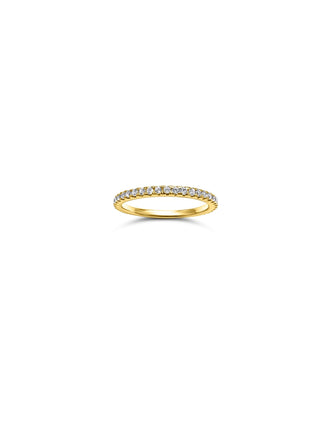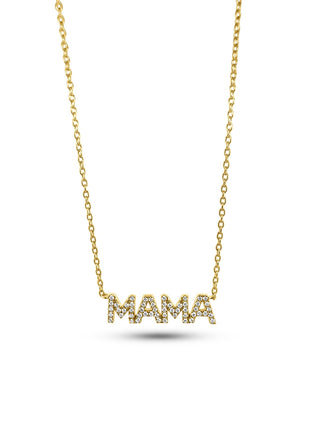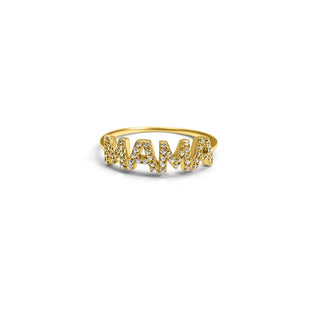What does Mamuśka mean?
Language has an enchanting way of encapsulating memories and emotions within words. This Polish word has transcended its linguistic boundaries to convey a sense of endearment, familial love, and nostalgia.
"Mamuska" (pronounced mah-MOOSH-kah) is a term that originates from the Polish language. At its core, it is an affectionate diminutive form of the word "mama," which translates to "mum/mom" or "mother" in English. The "-uska" suffix added to "mama" imparts a sense of tenderness and familiarity, creating a term that conveys a warm and loving connection between the speaker and their mother figure.
When spoken, the word often carries with it a rush of memories, childhood experiences, and cherished moments spent with one's mother. It serves as a verbal time capsule, encapsulating the feelings of safety, comfort, and care that only a mother can provide. As we grow older, the mere utterance of "mamuska" can transport us back to simpler times, when our worries were few and our mother's embrace was all we needed to feel secure.
Interestingly, "mamuska" goes beyond biological motherhood. It has expanded its embrace to encompass not just one's biological mother, but also maternal figures who hold a special place in one's heart. Grandmothers, aunts, older sisters, or even close family friends who have played maternal roles can be lovingly referred to as "mamuska." This inclusivity highlights the significance of the term in acknowledging the profound impact these figures have on one's life.
Polish culture places a strong emphasis on family and the bonds that tie its members together. "Mamuska" is a testament to this cultural value, acting as a linguistic embodiment of the deep love and respect Poles hold for their maternal figures. In Polish households, the word is used not just in everyday conversation, but also in moments of celebration and shared joy, further solidifying its place in the cultural fabric.
"Mamuska" is more than just a word; it's an embodiment of love, nostalgia, and cultural heritage. Its significance extends beyond its linguistic roots, reaching deep into the hearts of those who use it to express their affection for their mothers and maternal figures. With each utterance, "mamuska" invokes a sense of warmth and connection that transcends language barriers and reminds us of the universal power of a mother's love. So, whether you're of Polish descent or not, the next time you find yourself using this endearing term, take a moment to appreciate the rich tapestry of emotions it weaves – a testament to the beauty of language and the timeless bond between a child and their "mamuska."
When thinking of brand names, I wanted a name that was unique (much like my own) but also resonated with the overall vibe of the brand.
AUMIA is derived from the Latin word 'aureate' meaning 'golden, highly ornamented or elaborate'. The name AUMIA was actually found on a baby name website meaning 'Golden Lady'.
At AUMIA, we don't discriminate, anyone who wishes to wear our pieces are encouraged to. However, our collection is dedicated to the everyday woman. We want our high-quality gold plated jewellery to accentuate any style.


















